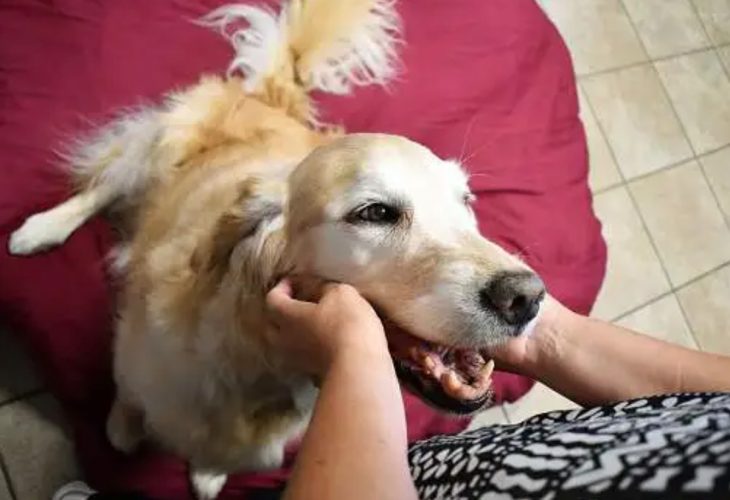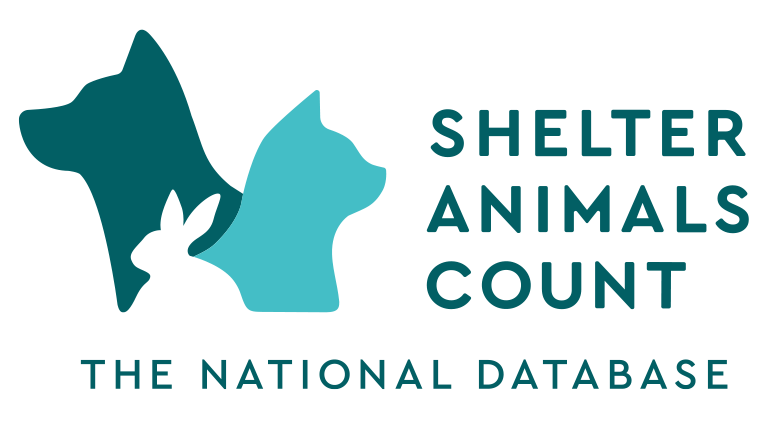Home for the Holidays: Adoption Trends for Dogs During the Holiday Season
December 9, 2024

Yankton Daily
By: Kerry Feilmeier Heartland Humane Society
Published: April 3, 2023
Statistically speaking and per capita, the Midwest shelters and rescues ranked number one in terms of increased demand to intake animals needing shelter and assistance in 2022.
There’s a lot of data to consider why this happened. First, the industry of animals awaiting to be bought, purchased, adopted or rescued is saturated in our region. What breeders and pet stores thought was an increased demand for animals turned out to be false. Simply, they overbred dogs. Rescues and some shelters continue to pull animals from out of region, also creating an influx.
In the past two months, HHS has talked to three area breeders who acknowledge they have needed to cut back their business operation because of less customers. They’ve given puppies to shelters, including HHS, because they can’t find buyers. In one case, they agreed to make a donation to HHS for helping them out, and then failed to make that donation when they left the dog(s.) In other cases, they simply told the shelter staff “they were lucky to have such a cute puppy to sell.”
Some good breeders are slowing down. Others are simply selling their dogs to animal rescues for lowered prices. This has become a common practice in Missouri. When the rescue industry buys these dogs, it keeps that breeder in business. When a kind human purchases an animal from a pet store or breeder because they “wanted to save it,” but then surrender to a shelter or rescue to adopt it out, that too keeps the breeder in business.
2022 statistics reported that families are less likely to adopt a pet from a rescue and shelter, down 1% for shelters and almost 10% from rescues according to Shelter Animals Count and compared to 2021. Less families are adopting, but there’s not data saying less dogs or cats are being acquired. Data analysis suspects the intake of new pets into homes has remained steady.
If our communities want rescue to continue, data like this needs to reversed. Breeding must slow down. Animal welfare groups cannot be taking more animals but have less local adopters.
Yankton has one-third less the population of Brookings County, South Dakota but HHS took in 320 more cats and dogs into shelter in 2022. Recently, and for the first time in my years at HHS, we are requiring folks asking for assistance to identify their location or residence, and we deny owner surrenders if they live closer to other shelters and rescues.
What does this mean? Your interactions, support and donations in 2023 really do make a local impact. Our staff and volunteers are tired. Every small gesture counts to keep spirits up.
The foreseeable future doesn’t leave space for transferring animals into Yankton. HHS has removed their name from national organizations asking for transfer help. It is trying to continue helping groups in the state asking for help, but so far this year that hasn’t been possible.
It also means now is a time to consider adopting your next pet. Or donating. Or fostering. Or volunteering. We can’t do this without community support.
I challenge anyone thinking of adding a new pet to their family to try fostering a rescue animal first. Give a local shelter or rescue a chance before buying from the pet store or breeder. You may be surprised with the experience. Every week my social media shows me pictures of a family’s new pet they recently purchased. It feels like a punch in the throat when it’s someone I personally thought would have tried adoption first.
When you do adopt, consider supporting local. It’s okay to ask a shelter where the pet came from, and to decide to not adopt an animal that’s been purchased by the entity.
If you must buy a breeder puppy, make sure the owner is quality. Ask to see their city, county or state license for breeding (when applicable), ask for the veterinary history of the momma dog that shows vet visits during pregnancy, consider calling that vet office to confirm visits, and visit the property.
As a nation, we need to stop supporting the folks that shouldn’t be breeding – the ones who don’t believe in veterinary standards and the ones who don’t provide the love and care of their pets you’d expect in your own home. Ultimately, that should be the expectation we standardize to hold them to.
We can do this together.
